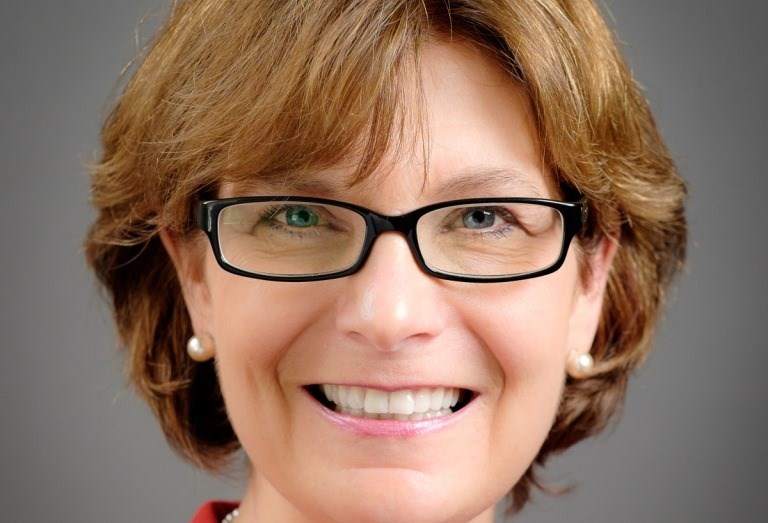The federal government has announced a one-time, tax-free top-up payment to help seniors absorb costs related to COVID-19 — a “quite meaningful” lump sum for low-income seniors in the province, says B.C.’s seniors advocate.
People who receive old age security in Canada will receive a $300 payment. Those who receive the guaranteed income supplement for low-income seniors will receive an additional $200.
“The lower your income, the more impactful $500 is,” said Isobel Mackenzie.
The $2.5-billion measure will provide payments to 6.7 million seniors in Canada and add to the $59.5 billion the government has budgeted for seniors benefits this fiscal year. The government said it expects payments to be made in the coming weeks.
“We want to get through this, we want to get through this quickly, but we know that we need to support people right now as we get through and that’s what this extra help for seniors will help with,” said Prime Minister Justin Trudeau.
In October 2019, the maximum monthly OAS payment was $613 a month and the maximum GIS payment was $916 a month.
In B.C., there are 859,000 seniors who receive OAS, and 264,000 who also receive the GIS, Mackenzie said.
About 57,000 of the lowest income seniors will receive another $300 a month for three months as part of provincial COVID-19 measures previously announced.
Federal Seniors Minister Deb Schulte said the top-up figures were arrived at by looking at extra dispensing fees because of limits on prescriptions, additional travel costs for seniors avoiding public transit due to health concerns, and delivery fees for groceries.
“All small amounts, but it adds up,” she said.
Mackenzie said her office is hearing from seniors spending more on groceries because they can’t shop around for the best prices as they did prior to the pandemic. “I think it is genuine that the cost of food is going up for them,” she said.
There are also seniors on fixed incomes who haven’t been able to afford internet services and have instead accessed technology for free via libraries or other facilities that are now closed or are unsafe for those with health conditions. Some of the top-up could go to securing internet services or buying a device, said Mackenzie.
“We forget that the internet is expensive,” she said. “This is going to be helpful and the issue will be ‘OK, is there more later?’ and I don’t think we know the answer to that.”
The Canadian Association of Retired Persons said the extra money, while helpful, falls short of addressing concerns seniors have about their retirement security.
The organization called for the government to waive mandatory withdrawal amounts from registered retirement income funds, beyond the 25% already announced, and eliminate withholding tax on RRSP withdrawals this year.
Schulte said the government would watch financial markets through the rest of the calendar year before making any decisions, since most seniors don’t need to make RRIF withdrawals until the end of the year.
NDP seniors critic Scott Duvall said his party was “largely disappointed” with the government’s one-time help for seniors, calling on it to provide an ongoing increase to OAS and GIS amounts.
The federal Liberals promised during the election campaign that OAS would increase by 10% for people 75 and older on July 1.
For those receiving the maximum of $613, that would be an additional $61 a month, or about $730 a year.
Mackenzie said she asked the government about the promised changes and was told COVID-19 relief measures are the focus for the moment. “I think they are holding things at bay while they figure that piece out.”
The parliamentary budget officer said in a report late last month that it’s likely the federal deficit for the year will hit $252.1 billion as a result of the COVID-19 pandemic based on spending measures to date.



